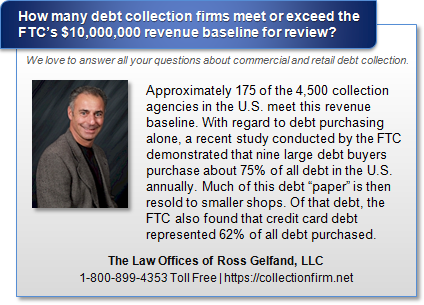 |
| Image courtesy of razvan ionut / freedigitalphotos.net |
While the bulk of the new rules enacted by the Consumer
Financial Protection Bureau (CFPB) are aimed at the bigger banks and servicers
of consumer loans, small banks will also experience some changes. The January 10, 2014 deadline for these rules
to go into effect has already passed, meaning that all firms (including the
small, community banks) must now comply with the new regulations with new
procedures or face heavy fines.
Since the smaller banks and lending firms are often
unprepared for this level of in-house scrutiny and regulatory compliance
measures, many will look to third-party vendors for solutions to handling the
increased workload of ensuring all transactions are compliant. According to the CFPB’s new rules, these
smaller firms will be responsible for the actions of their third-party
vendors—including all debt collection practices—making their financial interest
in maintaining compliance even more significant.
Since the CFPB has made it clear that all servicers,
whether large or small, are expected to uphold the new regulations or suffer
penalty, no firm will be given special consideration unless it services 5,000
or fewer mortgages as of the first of each year. However, even in this special circumstance,
the smaller firm must originate and own the loans. If it services loans that are originated or
owned elsewhere, the exemption does not apply, even if that total number of
loans falls beneath the 5,000 cut-off amount.
There are loss mitigation requirements that are also
required of the small servicers. A
notice of foreclosure or filing of foreclosure cannot be processed until the
borrower has reached 120 days of delinquency on his or her loan. Additionally, the foreclosure cannot be
continued and the sale cannot be conducted if a borrower is following specific
actions stated within the loss mitigation agreement.
















